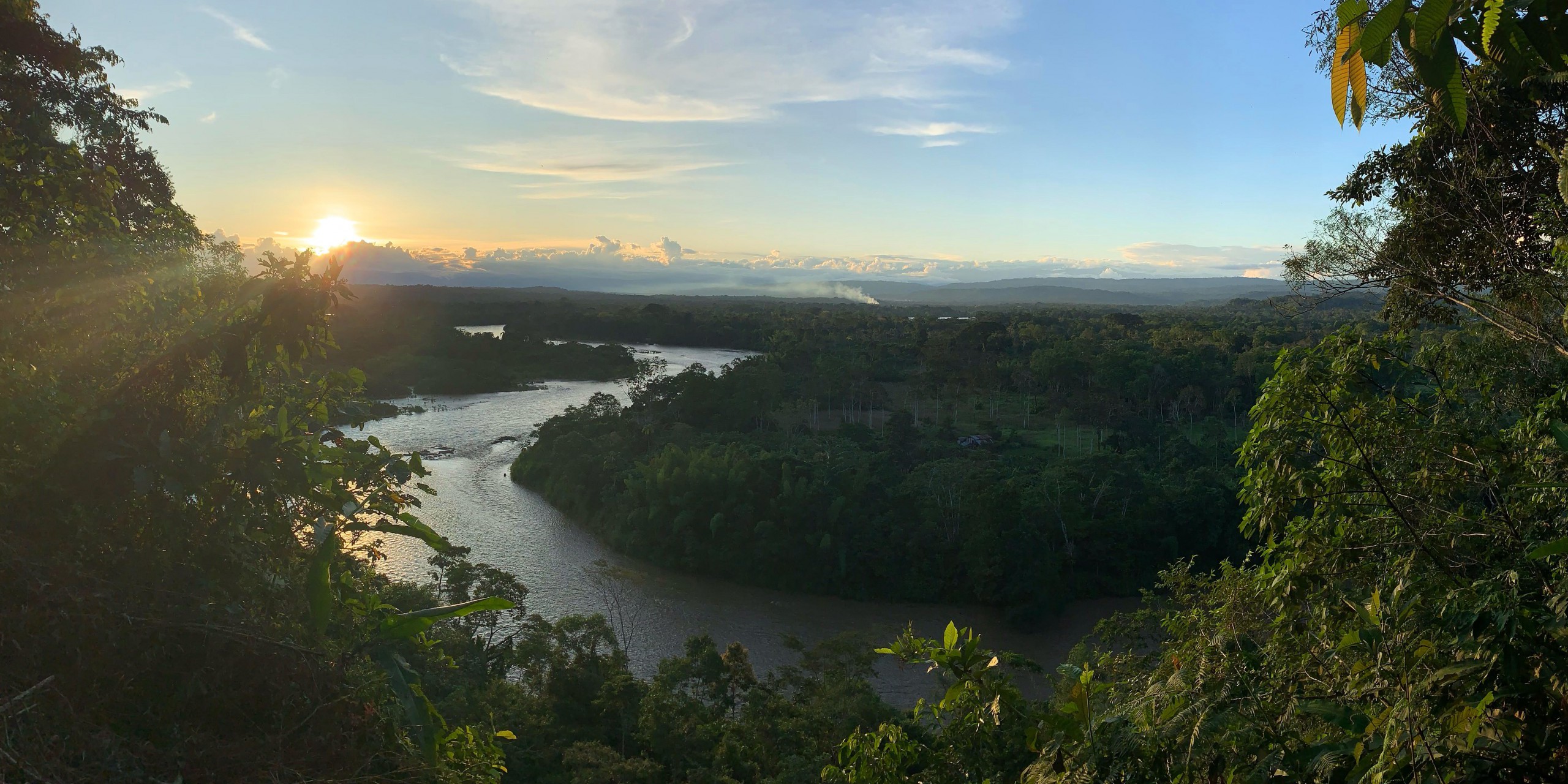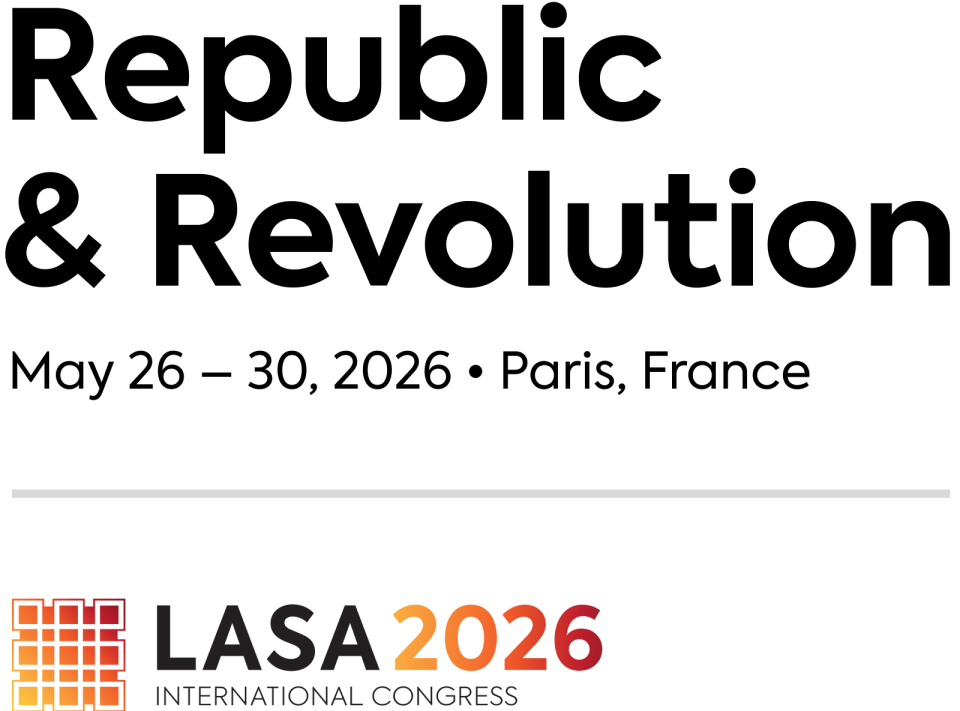
Noticias Recientes y Actualizaciones
Conéctese con LASA
La Asociación de Estudios Latinoamericanos (LASA) es la asociación profesional más grande del mundo que reúne a individuos e instituciones dedicados al estudio de Latinoamérica. Con más de 13.000 socios, de los cuales más del 60% reside fuera de Estados Unidos, LASA es la asociación que reúne a los expertos sobre Latinoamérica de todas las disciplinas y de diversas iniciativas ocupacionales de todo el mundo. Aprende más

